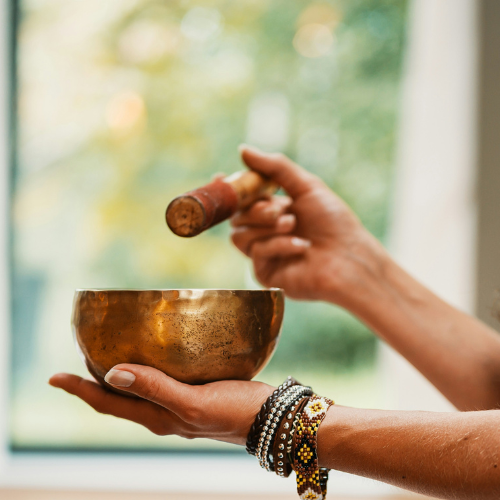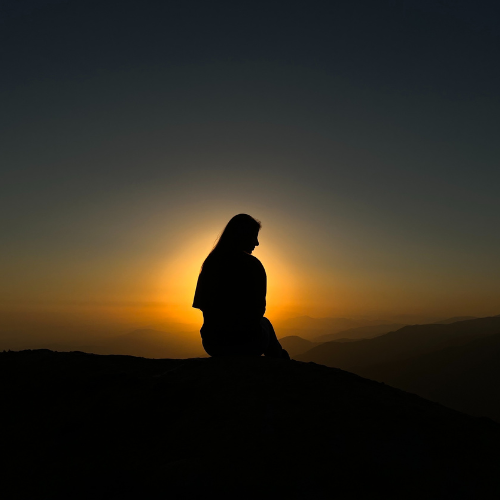Did you have your morning chai? Oil your hair this week? Light your incense or get your eyebrows threaded recently?
Well if you’re a woman of colour like us, then these things and many others have been normal parts of our lives since before we can remember. In fact, these practices and others go back generations. These are not just casual occurrences but rituals, national pastimes, and family affairs of the Global South steeped in tradition, science, and culture.
However, with recent trends sweeping social media, the masses are led to believe that all of these long-standing cultural practices are new Western-centric phenomena. These everyday occurrences of the Global South have been rebranded as Mediterranean and European practices that should be embraced, admired and implemented into your everyday life. Through centuries of colonisation, migration and now social media, our practices, customs and culture have weaved their way into Western culture and hit mainstream consciousness. As a result, millennia-old beauty rituals and lifestyle practices have become capitalised in a dangerously whitewashed and inauthentic way.
Now, by no means are we saying that cultures from the global south are the only ones to take part in these practices, however, there is a clear difference in the way that practises and customs from the Global South are treated and appropriated as opposed to traditional western customs.
We all saw the recent TikTok where a social media user ignorantly assumed traditional South Asian wear was Scandinavian, describing it as sophisticated and chic before learning that it was in fact not Scandinavian.
Not a first, we have seen this sentiment, again and again, where interest is peaked in a custom or practice but then immediately lost when discovering its roots. For years now, we have seen customs, lifestyle practices and beauty traditions that are steeped in tradition and rooted in the Global South become popularised only when pushed by white faces. In fact, the wellness industry, while rooted in traditionally Global South customs like yoga, turmeric teas, acupuncture, meditation and burning incense and sage, is predominantly led and owned by white people and are often spaces where PoC are not genuinely represented, acknowledged or welcomed in the industry.
To say it is exhausting to see our customs and practices be taken, used (incorrectly might we add), bottled up and then commodified, again and again, is a gross understatement. For years, traditionally Global South customs and their rich history have been disrespected and disregarded. What makes this even worse is that those from countries in the Global South whose customs and cultures are capitalised on are also disrespected. Their cultures, customs and practices are not seen as enough until a white person says so. Their practices are more dignified, distinguished, civilised, sophisticated and worth taking seriously only when a white person says so. The message shoved down our throats, again and again, is that the way white people do it is better.
While we know that this is wildly untrue, it still stings to see our customs only gain popularity when peddled by white faces. The beauty, tradition and rich history of practices from the Global South should be genuinely respected, acknowledged and welcomed when used and shared. Appropriating our customs and then dismissing their history and roots is regressive and outrageously disrespectful.
Having seen this occur time and time again through the popularisation of the wellness industry and its extensions, most now see wellness and its dimensions associated with whiteness and wealth. The enormous gap in where wellness trends originate from and to who the trends are now directed to is outwardly uninclusive and riddled with microaggressions.
When searching for tips on traditional and effective self-care and wellness across any platform, resources created by white women peddling traditionally Global South customs will appear first. This lack of diversity across is an annoyance, to say the least. As cultural and traditional practices have been repackaged and commodified by white people in order to appeal to other white people, WOC are noticeably absent from these popularised online wellness trends.
WoC should feel welcomed, represented and confident, sharing their customs with an industry that thrives off of the back of their cultural and ancestral norms. It is time that WoC are genuinely represented, acknowledged and supported when using and sharing their traditional customs and practices in the same way that white women are. We should not be seen as undignified, less than or uncivilised.
As our traditional customs, cultural practices and everyday rituals have begun to be whitewashed we must continue to uplift and advocate their authenticity. Reclaiming our customs and practices and continuing to celebrate them, even when others don’t is vital.
Most rituals and customs of the Global South are a way of life underpinned by science going back centuries. It is necessary that we continue to celebrate the beauty of these customs and their roots of tradition and longevity. We must amplify that these practices are not a commodity or a luxury to be packaged up, sold and pushed by white people, but rather are and have been essential tools that have improved and continue to improve our quality of life and those who have come before us.




